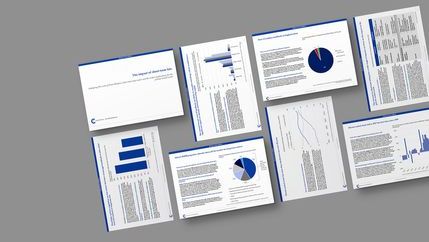
In contrast to some previous submissions to the Committee, our findings showed that the proliferation of short-term lets could have serious implications for the Private Rented Sector.
The impact of short-term lets
Nearly half a million properties could be left unavailable for residents looking to rent in the private rented sector. More landlords are exiting the market and moving into short-term lets due to the raft of legislative changes they have to face.
Tenants are already struggling to find homes
Between 2017 and 2021, it is estimated that the PRS decreased by 300,000 households, with landlords representing 21 per cent of tenancies expressing plans to reduce their portfolio size according to the UK Government’s English Private Landlords Survey 2021.
It is not surprising that our members saw an average of ten new registrations per property available in April 2022. This has been driving up rent increases which could be exacerbated if more properties switch from the PRS to short-term lettings.
Landlords are switching to short-term lettings
Earlier Propertymark research published in 2020 showed that 12 per cent of landlords who offered short-term tenancies did so by taking properties out of the PRS. This means that roughly 46,000 properties were taken out of the sector between 2015 and 2020.
Our research also found that one in ten landlords were very or fairly likely to offer short-term lets in the future, meaning up to 230,000 properties could be left unavailable for tenants looking to rent long-term.
The current legislative environment does not incentivise long-term lets
The English Private Landlords Survey 2021 found that landlords rate the impact of current and upcoming legislation as the top reason of reducing or selling their entire portfolios. When asked why they switch, landlords often cite greater flexibility and burdensome regulations before their ability to charge higher rents, suggesting that the switch is more down to difficulties with the current PRS than the benefits of short-term lets.
Our recommendations
The way to reduce the impact short-term rents are having on the PRS is to increase the overall supply of housing
The UK Government should also pay attention to the actions made by the Welsh Government, which introduced local premiums on second homes to reduce the number that were used briefly during the year as holiday lets, which so far has had little impact.






